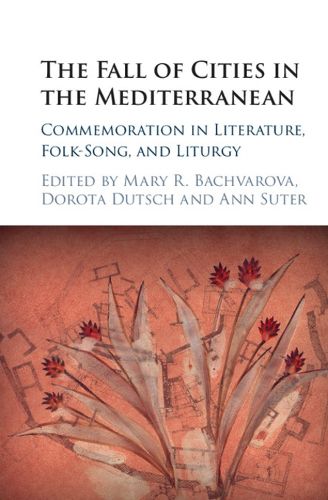Readings Newsletter
Become a Readings Member to make your shopping experience even easier.
Sign in or sign up for free!
You’re not far away from qualifying for FREE standard shipping within Australia
You’ve qualified for FREE standard shipping within Australia
The cart is loading…






A body of theory has developed about the role and function of memory in creating and maintaining cultural identity. Yet there has been no consideration of the rich Mediterranean and Near Eastern traditions of laments for fallen cities in commemorating or resolving communal trauma. This volume offers new insights into the trope of the fallen city in folk-song and a variety of literary genres. These commemorations reveal memories modified by diverse agendas, and contains narrative structures and motifs that show the meaning of memory-making about fallen cities. Opening a new avenue of research into the Mediterranean genre of city lament, this book examines references to, or re-workings of, otherwise lost texts or ways of commemorating fallen cities in the extant texts, and with greater emphasis than usual on the point of view of the victors.
$9.00 standard shipping within Australia
FREE standard shipping within Australia for orders over $100.00
Express & International shipping calculated at checkout
A body of theory has developed about the role and function of memory in creating and maintaining cultural identity. Yet there has been no consideration of the rich Mediterranean and Near Eastern traditions of laments for fallen cities in commemorating or resolving communal trauma. This volume offers new insights into the trope of the fallen city in folk-song and a variety of literary genres. These commemorations reveal memories modified by diverse agendas, and contains narrative structures and motifs that show the meaning of memory-making about fallen cities. Opening a new avenue of research into the Mediterranean genre of city lament, this book examines references to, or re-workings of, otherwise lost texts or ways of commemorating fallen cities in the extant texts, and with greater emphasis than usual on the point of view of the victors.